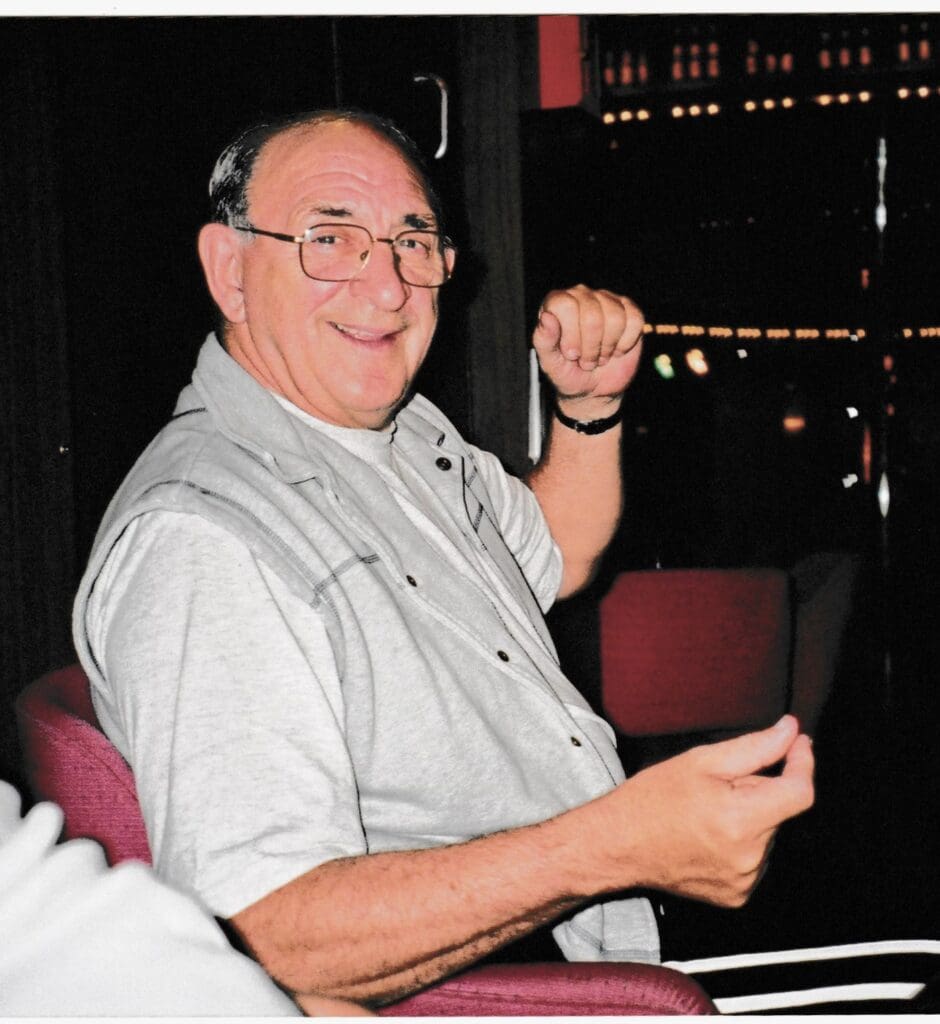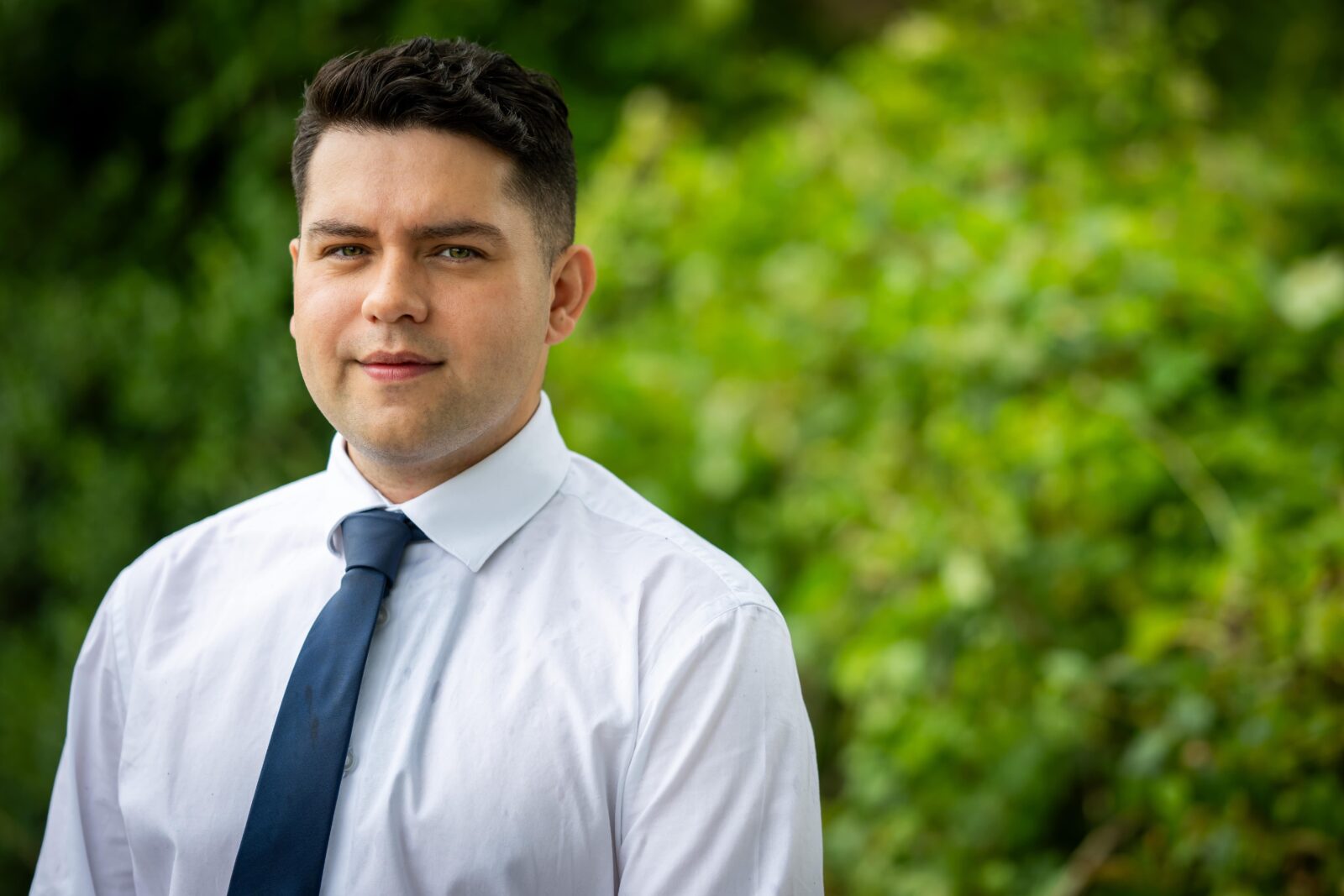AT LEAST 1,000 deaths from lung cancer in Wales could be avoided if a national screening programme for the disease was introduced, according to new statistics published today by Cancer Research UK.
The new analysis estimates that hundreds of lives could be saved from lung cancer over the next decade as targeted screening, for those most at risk, could see around 2,400 more patients in Wales diagnosed with the disease at an early stage when it is most treatable.
Cancer Research UK says the figures highlight the urgent need for the introduction of a national targeted screening programme for lung cancer, which remains the leading cause of cancer death in Wales.
Alongside other health charities, Cancer Research UK has helped launch a public petition calling for screening for lung cancer to be made available across Wales. If 10,000 signatures are gathered, the introduction of screening will be considered for a debate in the Senedd.
This follows a recommendation by the UK National Screening Committee that all UK nations move towards implementing lung cancer screening to target those most at risk of developing lung cancer – people aged between 55 and 74 with a history of smoking who either smoke or used to smoke.
With lung checks already being rolled out in England, there are currently no confirmed plans for an equivalent initiative in Wales where around 1,700 people are currently diagnosed at a later stage (stages 3 and 4) out of around 2,500 diagnosed with lung cancer each year.
Cancer screening programmes help reduce deaths by diagnosing cancers early or preventing them from developing in the first place. If lung screening were to be introduced, around 240 extra cases could be diagnosed at an early stage (stages 1 and 2) rather than at a late stage (stages 3 and 4) of the 2,500 diagnosed in Wales per year – that’s 2,400 cases over the next decade.
The lung cancer death rate is almost three times higher among those who live in the most deprived areas of Wales, compared to those in the least deprived areas.
Cancer Research UK public affairs manager Simon Scheeres said:
“Lung cancer is a tragedy for Wales. It takes more lives than any other type of cancer and is devastating families, some of those who live in our poorest communities.
“A full commitment by the Welsh Government to implement a targeted lung cancer screening programme is a real chance to change that.
“Lung screening matters because it saves lives as more people can be diagnosed at an earlier stage, when treatment is more likely to be successful.
“There have been big improvements in how we diagnose and treat other forms of cancer, but long-term lung cancer survival in the UK isn’t much higher than it was 50 years ago.
“This is unacceptable when evidence shows that earlier diagnosis through targeted lung cancer screening can potentially help hundreds of people live longer healthier lives.”
Each year around 1,900 people die from lung cancer in Wales. However, latest Cancer Research UK analysis estimates that even if just 50 per cent of those invited took part in lung cancer screening, around 1,000 lives could be saved from lung cancer over the next decade in Wales.


Lorraine Wingert-Scheeres, from Pembrokeshire, has backed the call for a targeted lung screening programme in Wales after her dad Jack died from lung cancer.
The mum-of-five believes that lung cancer patients would have a better chance of surviving the disease if screening was available.
Jack, who started smoking at 13 before quitting in his 50s, developed a persistent cough in 2007.
Lorraine said:
“The doctor diagnosed bronchitis and sent him home with antibiotics. Once the course was finished, and the cough remained, my mother insisted he saw the doctor again.
“He went off for an X-ray, and when the result showed a shadow, we all began to worry a bit.”
A biopsy confirmed Jack, 76, had lung cancer.


Lorraine, 67, added:
“It was a major shock to all of us when the consultant told my dad that he had small cell carcinoma – lung cancer. We were all too shocked to ask many questions, but I did point out that my dad hadn’t smoked for 20 years, so how could it be possible?
“He did the right thing and stopped many years ago – notwithstanding that my dad, who was born in 1931, had been smoking since he was thirteen years old. The consultant told us that if my dad hadn’t stopped smoking twenty years ago, we would have had this conversation 18 years ago.”
Jack had radiotherapy and chemotherapy but a few months later he was admitted to hospital with a suspected stroke.
Lorraine, who has seven grandchildren, said:
“We all met up at the hospital and were greeted by the consultant, who had initially diagnosed dad, with the worst possible news.
“The initial tumour in his chest had shrunk considerably and whilst this would have been excellent news ordinarily, in dad’s case the ‘but’ was that the tumour has metastasised into his brain. We all knew immediately what that meant.”
A few months later, tragedy struck the family again after Lorraine’s mum and Jack’s beloved wife, Jessica, died suddenly from a brain haemorrhage. A few days later, Jack fell into a coma and also died.
Lorraine said:
“Whether the stress of dad’s illness impacted on mum, and whether mum’s death impacted on dad, we’ll never know, but the impact of both of their deaths resounded through our families. The shock and the hurt and the pain literally took years to subside.
“Lung cancer took a terrible toll on my family, any means to combat it must be used. I feel it is not taken seriously, but almost everyone you speak to knows somebody who has died of it.”
Which is why Lorraine is urging people to sign the petition.
She said:
“Targeted lung screening can pick up lung cancer in those with a higher risk of lung cancer, including people with a history of smoking. My dad hadn’t smoked for 20 years, but he would have still qualified and benefited from this screening.”
To support Cancer Research’s lung screening campaign in Wales, people can sign the petition.








Leave a Reply
View Comments